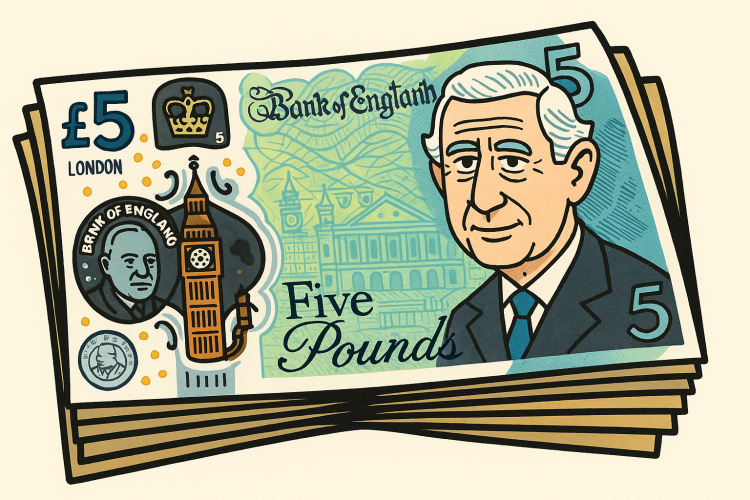Have you ever wondered;
- What is money anyway?
- Why do we trust money?
- What’s that five pound note in your pocket really worth?
- Where does money come from and where does it go?
I’m guessing the answer is probably not. Money is just an everyday thing. It’s there, we just spend it or save it.
Our own currency that we spend everyday is taken for granted, except when we travel and it’s no longer accepted as currency. Why is it even called currency? Well the answer to the last question is indeed predictable. It’s the current value of our money versus other countries money. Which in itself begs the questions;
- What was our money worth previously?
- Was it worth more or less?
To answer these questions we need to go back a long way in time. To a time before money existed.
Sapiens
I have read some very influential books in my time. Very few have been works of fiction. I’m intellectually poorer for that I guess. My Northern upbringing of seeking “value for money” has directed me solely to books I can learn from. One such book is Sapiens – A brief history of mankind by Yuval Noah Harare. Before reading this book I believed the Agricultural Revolution was the time before tractors. But no. The agricultural revolution was the time when primitive humans ceased to be hunter-gatherers and became the farmers of crops and livestock. Who knew? That transition changed everything. Prior to farming, life was free, but probably not easy. Food was collected as needed, a free for all endless all you can find buffet. Once all the food was taken from one area, individuals moved on. A truly nomadic experience. Nobody was a landowner, primitive tools were the only possessions, used to dig for roots perhaps. Recent Bill Gates funded research wouldn’t have been needed back then, like today’s Aborigines, we would be happy obtaining protein from grubs.
Continue reading “What is Money?”

